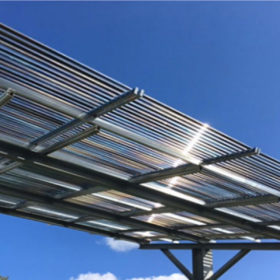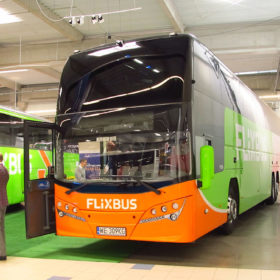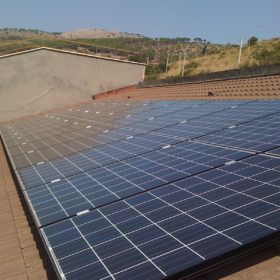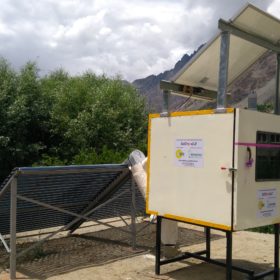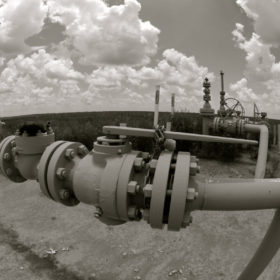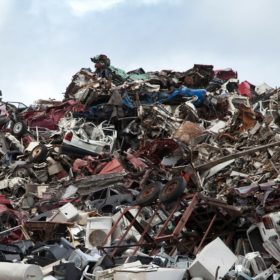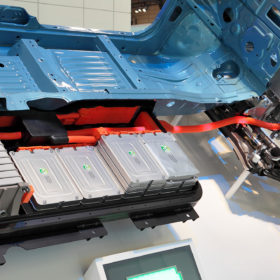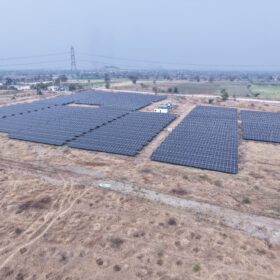Thin-film agrivoltaic solar tubes
German tech company Tube Solar AG has secured €10.8 million to develop its cylindrical agrivoltaic modules. The lightweight devices could also be used on roofs until now considered unsuitable for PV.
FAME II program backs more than 27,000 EVs
The second phase of the Faster Adoption and Manufacturing of (Hybrid) and Electric Vehicles program offers purchase incentives for electric and hybrid vehicles and also supports charging infrastructure.
Fourth Partner Energy bags 4.8 MW rooftop solar project for Titagarh Wagons
Solar panels at the railway coach manufacturer’s three factories in West Bengal will cover approximately 50,000 sq m of roof space and generate around a quarter of the power used by the company each year.
CSIR-CMERI Durgapur, NISE sign pact on solar research and capacity building
The CSIR-Central Mechanical Engineering Research Institute (CMERI), Durgapur, which has expertise in the design and development of solar artifacts for multifaceted uses, and the National Institute of Solar Energy (NISE), Gurugram, will conduct joint field studies for different solar technologies and work towards skill and capacity building.
Global green hydrogen project pipeline reaches 50 GW
International thinktank IEEFA says there are 50 viable green hydrogen projects under development with an estimated renewable energy capacity of 50 GW and the potential to produce 4 million tonnes of the fuel annually.
IIT researchers consider fate of end-of-life solar modules
Scientists at the Indian Institute of Technology in New Delhi have taken a close look at the potential impact of growing volumes of PV waste and conducted surveys which suggest a lot more work is needed from manufacturers and policymakers to develop management systems for end-of-life PV products.
There’s something fishy about this flow battery innovation
Scientists led by MIT have suggested chitin, a carbon and nitrogen-rich material made from waste shrimp shells, could produce sustainable electrodes for vanadium redox flow batteries and other energy storage technologies.
Supply chain concerns will drive EV battery recycling policies
With electric vehicles starting to gain traction, the International Energy Agency’s updated, ten-year e-mobility forecast has suggested geopolitical and economic concerns will trump environmental niceties when it comes to encouraging recycling. But what price ever-cheaper batteries?
Indian Railways to set up 3 GW solar plants on vacant land
The projects—to be developed in three phases of 1 GW each—are expected to be completed by year 2022-23. While the first and the third phases will be developed under public-private partnership basis, the second phase will be on the ownership model of REMCL and eligible for capital subsidy under the CPSE scheme.
Used EV batteries for large-scale solar energy storage
MIT scientists have suggested used electric vehicle batteries could offer a more viable business case than purpose-built systems for the storage of grid scale solar power in California. Such ‘second life’ EV batteries, may cost only 60% of their original purchase price to deploy and can be effectively aggregated for industrial scale storage even if they have declined to 80% of their original capacity.
